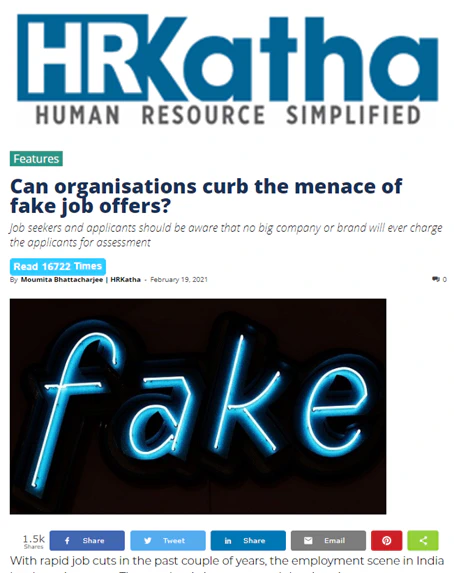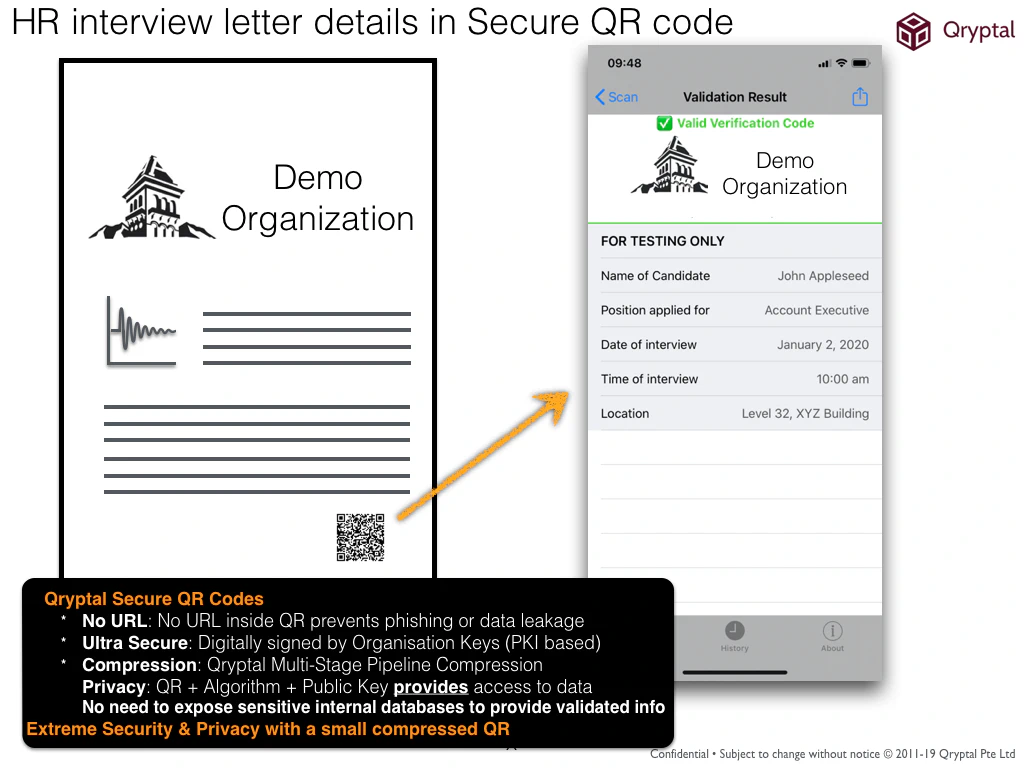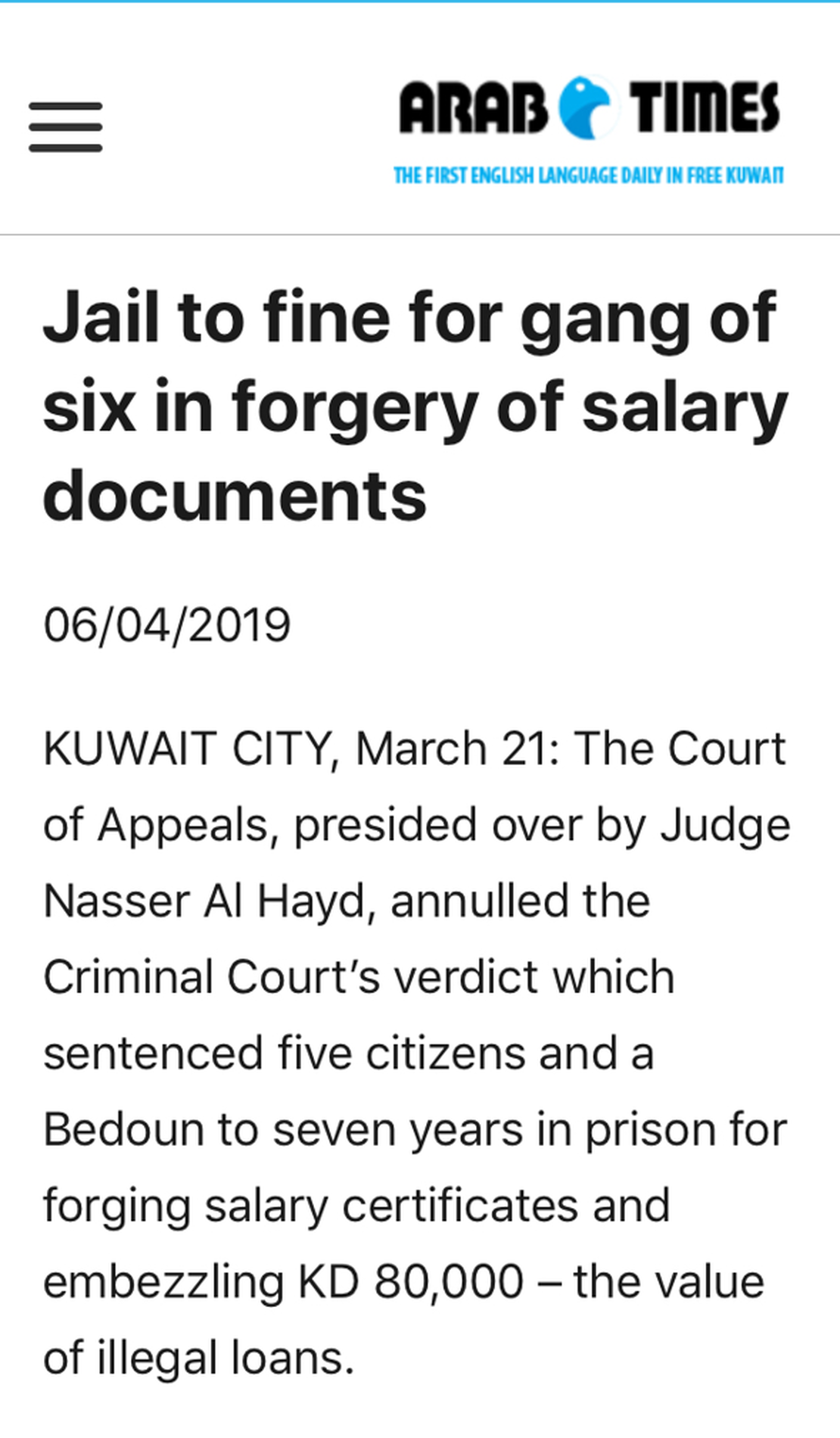Can HR absolve itself of responsibility of Fake Job offers?
- Rajesh Soundararajan
- Feb 23, 2021
- 4 min read

And why laying the onus on the applicant is not the solution
HR Katha recently posted an article Can organisations curb the menace of fake job offers? (hrkatha.com). The article started with the mention of rapid job cuts in the past couple of years and how COVID-19 exacerbated the situation. It highlighted how job scams have shot up too. SAFERjobs, a charity supported by the UK government, found a 66 per cent rise in fake jobs during the lockdown, which means these scams are becoming rampant.

HR Katha news story
Fake job scams are not new, and it is now an organised industry with several fake job agencies proliferating. These agencies also conduct interviews in formal setting such as upmarket hotels to make it all look very authentic. Not surprisingly, job aspirants fall prey to such fraudsters. The HR Katha post is not only pertinent but highlights the growing menace of fake offers. While the question was relevant, the article appeared to lay the onus on the job applicants for doing their due diligence and being more careful about frauds. Yes, the applicant must become more cautious. Yet, the recent admission by none other than the suave, Lady Shri Ram College graduate and a celebrity news anchor, Nidhi Razdan - I Am Nidhi Razdan, Not A Harvard Professor - shows that even the brightest and the best can fall prey to phishing and sophisticated job scams.

Industry and HR, as a function, must take a leadership role in arriving at a solution. It would be lame to let the applicants fend for themselves and take comfort in the experts’ belief that more caution by job aspirants or encouraging them in filing legal cases against the miscreants is the solution. The recruiting organisations also have a duty and can follow some steps to help mitigate this problem.
In the HR Katha article above, some of the observations were
these scams are difficult to control. Organisations warn on websites about these fake job portals and recommend making an application only through ‘authorised’ channels. (The problem is the fraudsters make it challenging to identify authorised channels)
that such fake offers hurt the applicants and the organisation’s brand image.
that applicants check the source of these posts. (The reality is that not all job offers are advertised on the website. Moreover, what if the fake agent copies the real job offer from a real company and conducts the interview ?)
some hundreds of appointment letters were issued under the name of HR head
Why does this happen?
The unemployment crisis is real. Applicants are willing to go any length to get a job.
The aspirational and educated are looking to maximise their growth.
Together, the ecosystem is ripe to prey on job seekers’ insecurities and ambitions.
These rackets are unbelievably well organised, and racketeers have upped their game by using fake social media profiles on professional networking platforms like LinkedIn to lure the aspirants. The potential candidates are increasingly relying on social media, and web-based job-searches become easy targets. They organise recruitment drives in large hotels to snare unsuspecting job seekers.
What can the recruitment industry do to protect gullible applicants?
All recruitment-related communication must be made genuine and trustworthy. The physical-digital interview or job offer document must be made tamperproof and easily verifiable by the prospective candidates. Hence the core would be a simple document security solution. It would have two parts.
Creating a secure and tamperproof document. Authenticity must be built into the interview and offer letters.
Ensuring quick verification using simple methods by the job aspirant.
Unless the HR function makes it possible to have ‘all’ applicants scan and verify their interview letters/ job offers on the company website or validate with a trusted Validator App, there is little point in solely blaming the applicants. Each document should have the mechanism to verify remotely, online or offline, physical or digital, without accessing any database.
How can HR do this nifty thing and come out a winner?
Add a Secure QR Code with relevant details such as (name the f company, post advertised, location, time, e.tc) placed the letter.
The QR code can be validated using a mobile app or a web validation tool that proves authenticity.
The data remains private and confidential. It is impossible to manipulate the code after its generation as it is digitally signed by the private key of the recruiting organisation which issues these letters. Works for both physical and electronic documents.

Sample HR interview letter with Secure QR Code
Scan of Secure QR code shows the interview details.
Qryptal’s Secure QR codes are privacy-friendly with no dependency on databases and no sharing of customer sensitive information
You may also like to read -
- QR code in HR and payroll
- Forging salary certificates for loans
- Secure Banking and Financial Transactions
- QR Codes for Pay Slips
